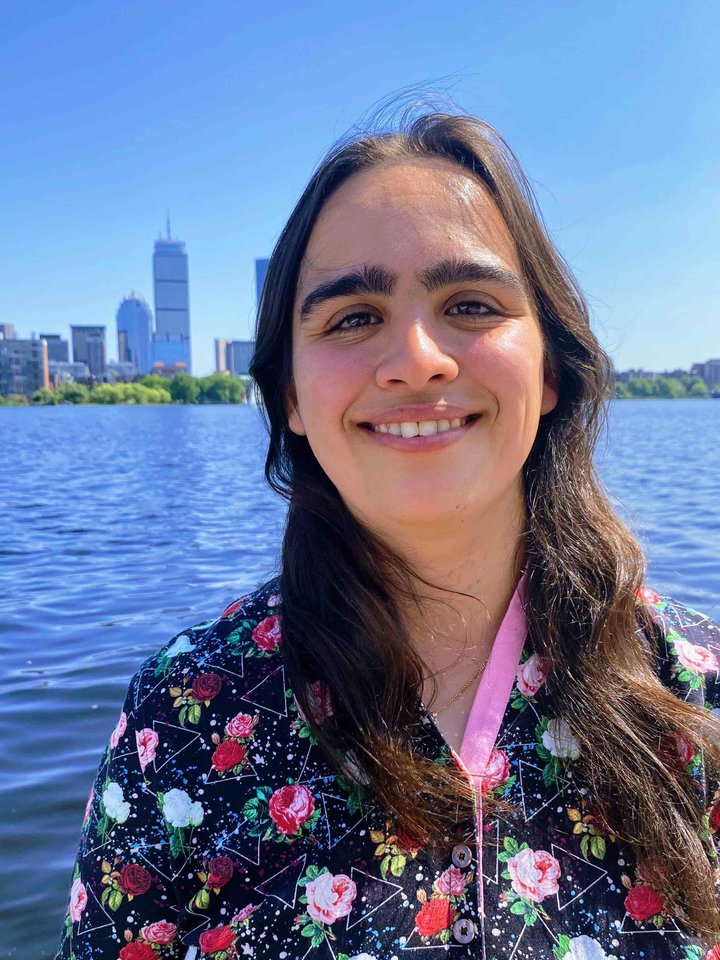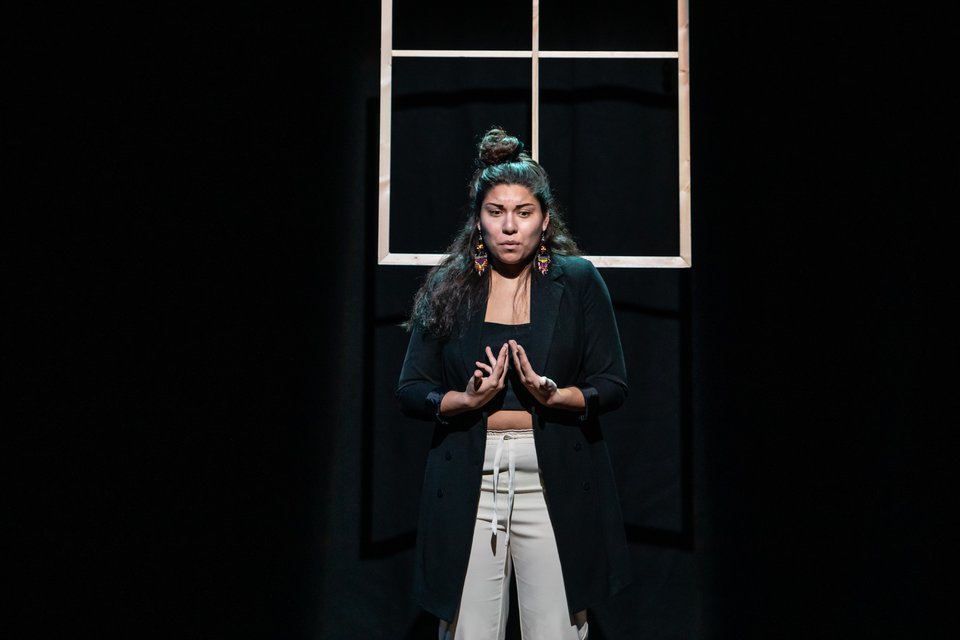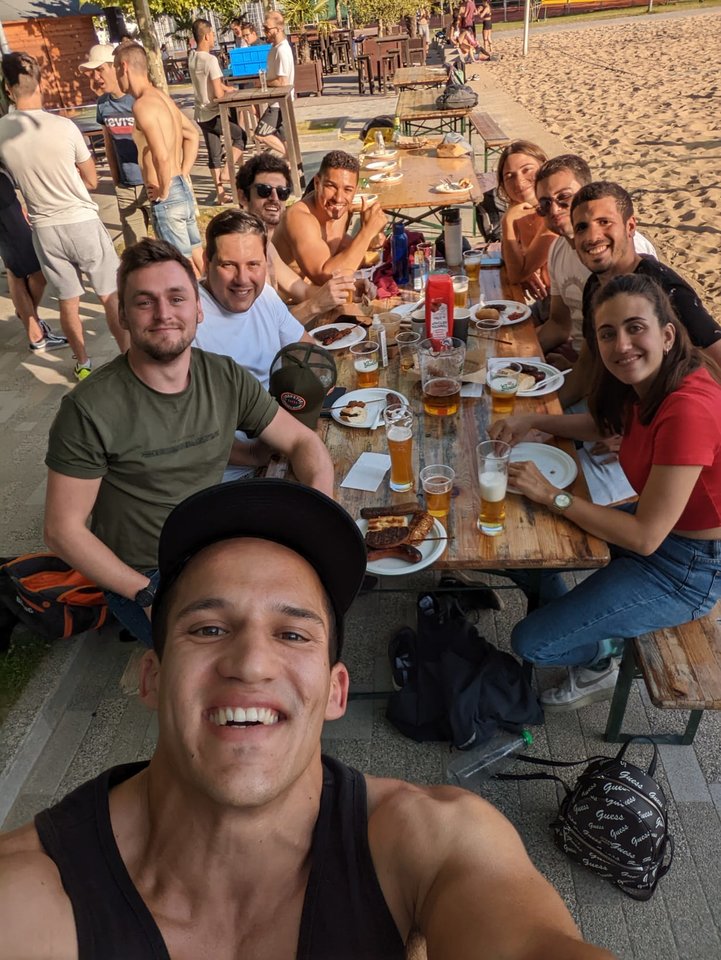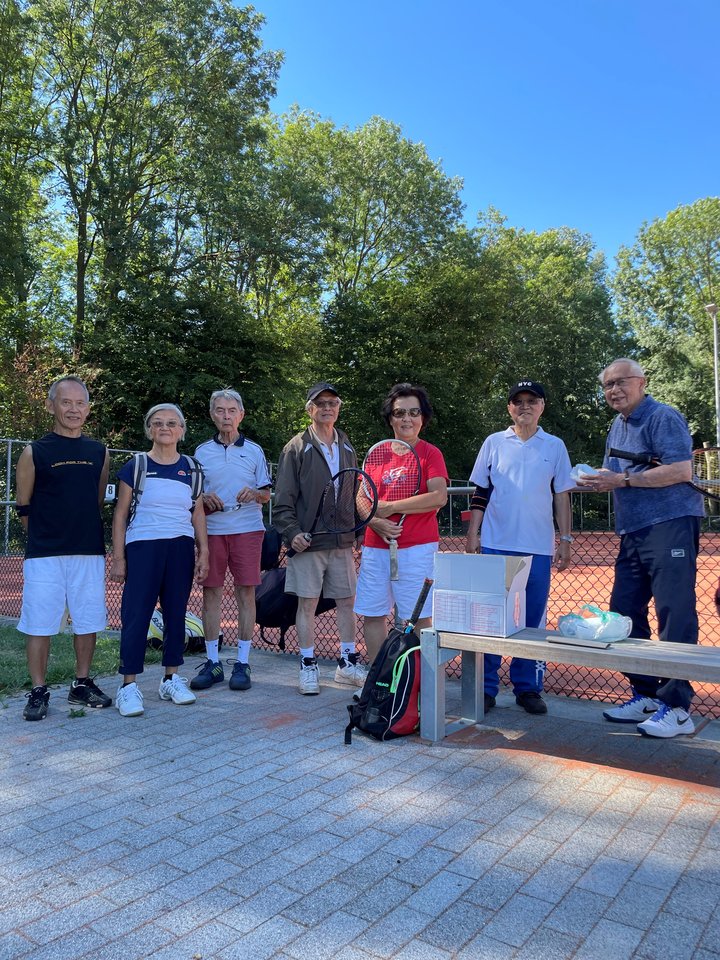Graduation of Max Berning
Graduation of Max Berning 29 June 2023 14:00 till 16:00 - Location: CEG - Lecture Hall F | Add to my calendar Upscaling Observations to Unravel Drivers of Morphological Change at the Prins Hendrik Sand Dike Professor of graduation: Dr. ir. M.A. de Schipper Supervisors: Dr. ir. B.C van Prooijen, Ir. M.A. van der Lugt Within sandy coastal environments, nature-based solutions are often in the form of sand- or dune nourishment. Natural forcing interacts with sediment and results in transport, determining the short- and long-term performance of sand nourishments. This is seen through morphological development. As sandy coastal environments make up 40% of the world’s coasts, which are often densely populated, understanding that interaction between forcing and sediment is important for successful sandy coastal protection strategies. Most sandy coastal interventions have been performed on wave dominated open-coast systems. Correspondingly, most coastal research has focused on these open-coast and primarily wave-driven systems. Therefore, behavior of open-coast systems is generally well-understood; larger swell waves dominate morphological processes showing distinct periods of erosion and accretion under storm- and calm-conditions respectively. In contrast, only a few studies have been performed on sheltered, low-energy coasts. This results in a lack of knowledge on physical processes and morphodynamics of low-energy coasts. Despite the importance of low-energy beaches as coastal protection, recreation possibility and as ecological hubs (A. Ton, 2020). Previous studies performed on the PHSD have focused on creating a conceptual understanding through data analysis (M. Klein Obbink 2021, J. Woerdman 2021) or numerical modelling (R. Hoegen, 2022). Through numerical modelling, it was possible to distinguish the importance of different hydrodynamic drivers and calculate transport quantities, however, these models require large computational effort. Therefore, the need arises to upscale local observations to macro-morphological changes and compare to observed morphological development.








